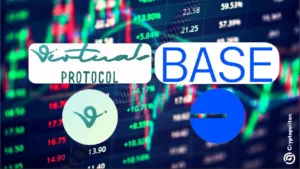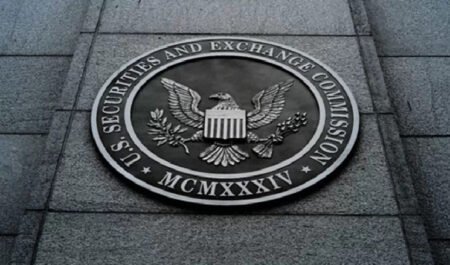Julian Assange, the founder of Wikileaks, is finally on his way to freedom after enduring 14 years of detention. However, his journey comes with a hefty price tag of $520,000 that he is obligated to repay to the Australian government for the charter flight to Saipan and onward to Australia. This payment is just the beginning of the financial burden that Assange will face as he transitions back to life outside of the confines of the embassy where he sought asylum for seven years.
Assange’s flight to freedom marks the end of a long and tumultuous chapter in his life. His detention began in 2012 when he sought asylum in the Ecuadorian embassy in London to avoid extradition to Sweden on sexual assault charges. Despite the charges being dropped in 2017, Assange remained in the embassy due to fears of extradition to the United States for his role in leaking classified information through Wikileaks. Now, with his extradition to the U.S. blocked by a British judge, Assange is finally able to leave the embassy and begin the process of rebuilding his life.
The $520,000 debt that Assange owes to the Australian government is just the first step in his financial recovery. After years of being unable to work while in detention, Assange will need to find a way to support himself and cover the costs of his ongoing legal battles. This may prove to be a daunting task, as his assets have been frozen and his reputation has been tarnished by years of negative media coverage.
Despite these challenges, Assange remains determined to continue his work as a journalist and advocate for transparency and government accountability. His contributions to the field of investigative journalism through Wikileaks have had a lasting impact on global politics and have sparked important conversations about the role of the media in a democratic society. As he embarks on this new chapter of his life, Assange remains committed to the principles that have guided his work for decades.
As Assange adjusts to life outside of the embassy, he will face a number of challenges as he navigates the complexities of the legal system and the media landscape. His battle against extradition to the United States is far from over, and he will need to continue to fight for his freedom and his right to pursue his journalistic work without fear of persecution. Despite the obstacles that lie ahead, Assange remains resilient and hopeful for the future.
In conclusion, Julian Assange’s journey to freedom is just beginning, and the road ahead is fraught with challenges. From financial burdens to ongoing legal battles, Assange will need to rely on his resilience and determination to navigate the complexities of life outside of the embassy. As he continues to fight for his right to freedom and to pursue his work as a journalist, Assange remains a controversial figure whose legacy is sure to be debated for years to come. Regardless of the outcome of his legal battles, Assange’s contributions to the field of investigative journalism are undeniable, and his impact on global politics is likely to be felt for years to come.



















